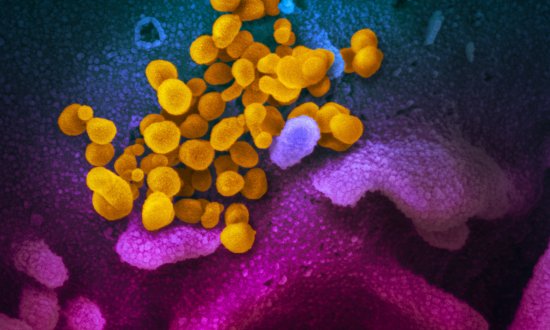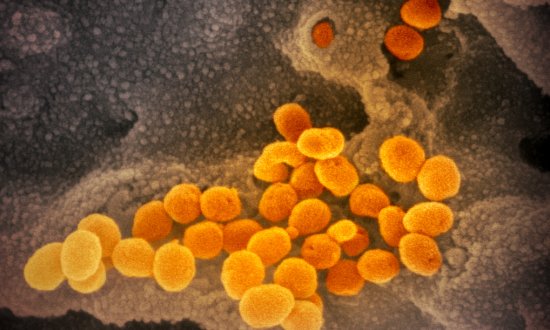Benefits of data sharing
The platform makes data available to the health, humanitarian and research communities for analyses that fill knowledge gaps that aim to reduce the impact of COVID-19. By contributing data, you can contribute to life-saving research and become a part of a network of researchers, policy-makers and organisations contributing to better health outcomes.
Infectious diseases disproportionately impact low- and middle-income countries (LMICs). IDDO works with researchers based in LMICs to develop research agendas and collaborative studies that address the priorities of the communities affected by these diseases. This approach supports two-way capacity strengthening, equitable sharing of data and resources, and sustainable development of treatment and control programs that translate data into evidence that improves outcomes for patients worldwide.
IDDO is committed to ensuring that its infrastructure and systems boost the findability, accessibility, interoperability, and re-use of data in accordance with FAIR principles to facilitate the use of existing data to answer new research questions and maximise the production of new knowledge.
By sharing your data through IDDO, you will help to:
- Promote and facilitate timely dissemination of research results;
- Identify gaps in knowledge that will inform the definition of research priorities;
- Respect the contribution of patients whose data are used by ensuring their information helps the highest number of patients in the future;
- Ensure that the results of research and innovation reach the communities and countries affected;
- Promote and facilitate the pooling of data to improve the power of research results;
- Meet the requirements of your funders and the journals that publish your work;
- Improve research methods for better research in the future.
Sharing data will enable you to:
- Expand your network
- Ensure that your data are used to maximum effect
- Ensure long-term, secure data storage
Researchers, governments and humanitarian agencies will be able to access data to enable more accurate analyses to be undertaken to find better treatments and improve responses to future outbreaks.



